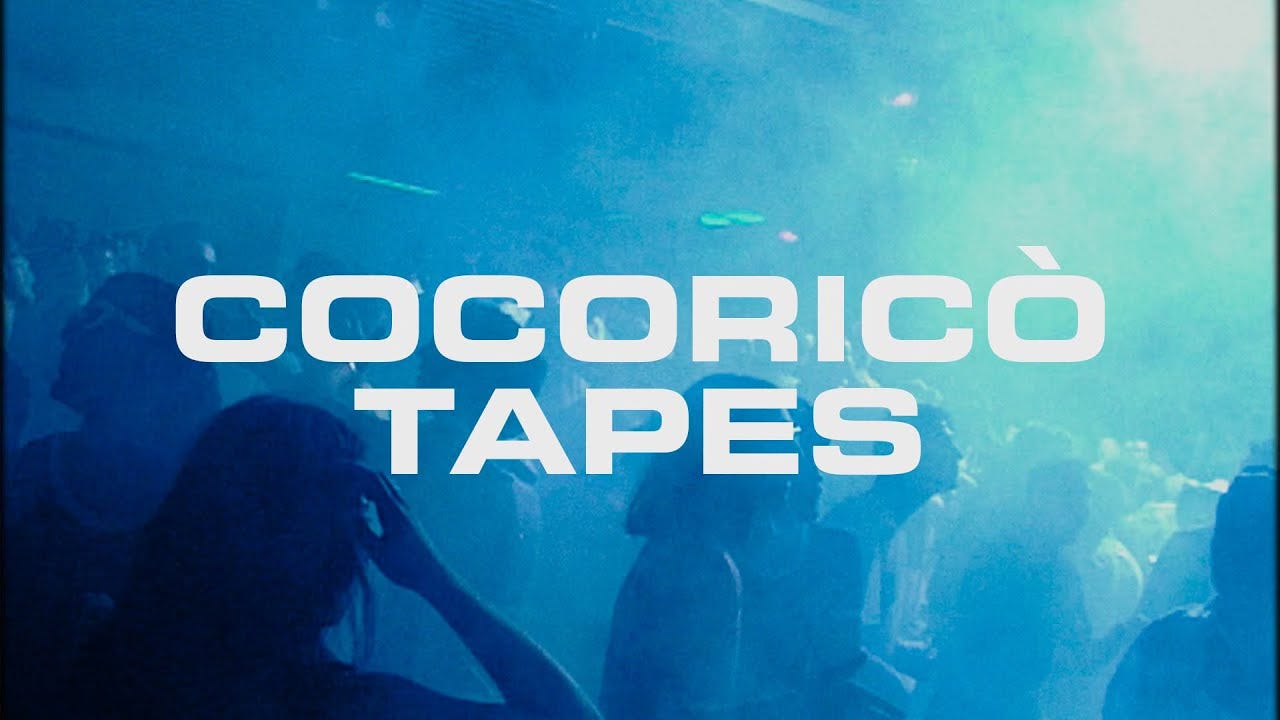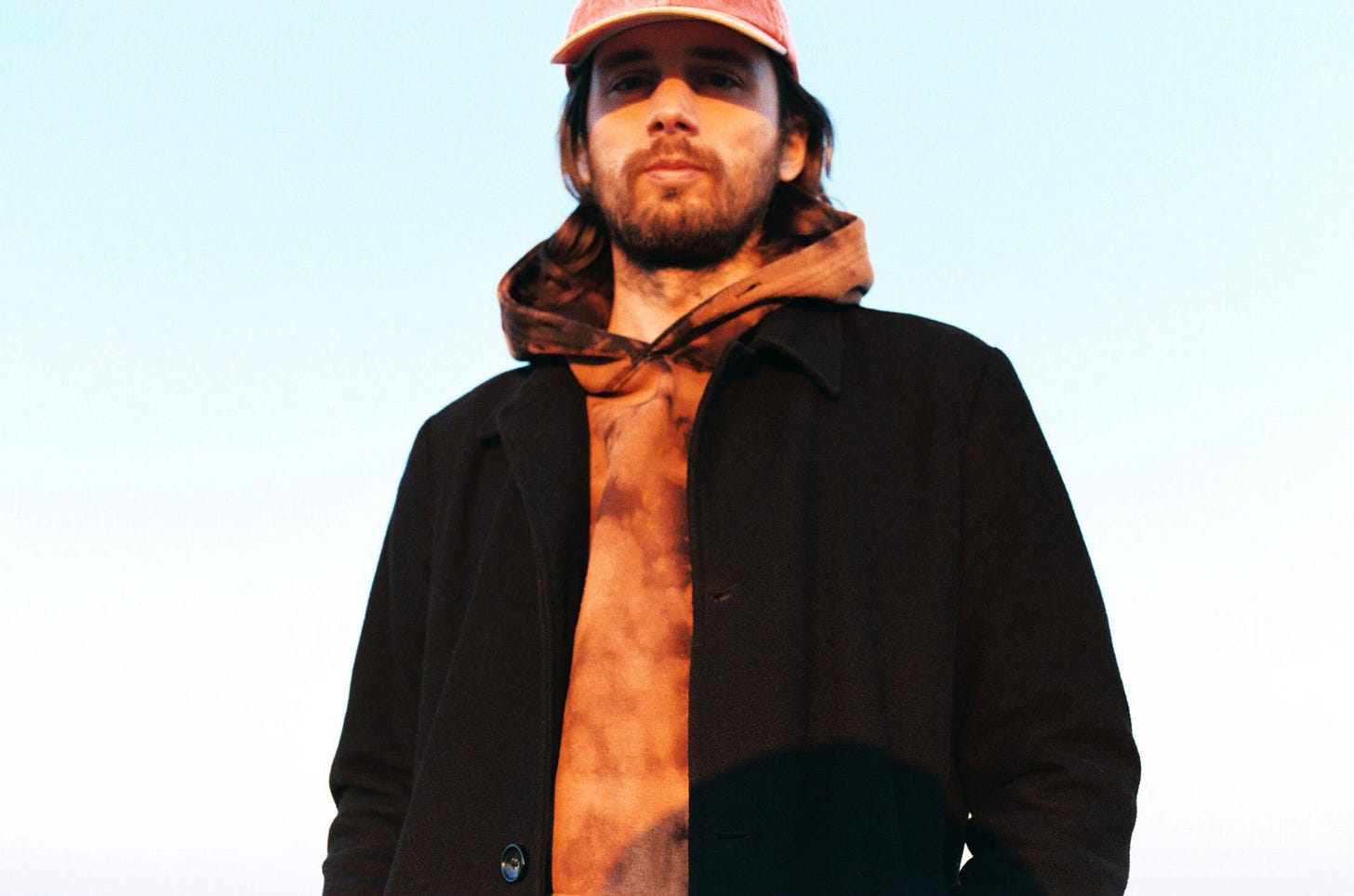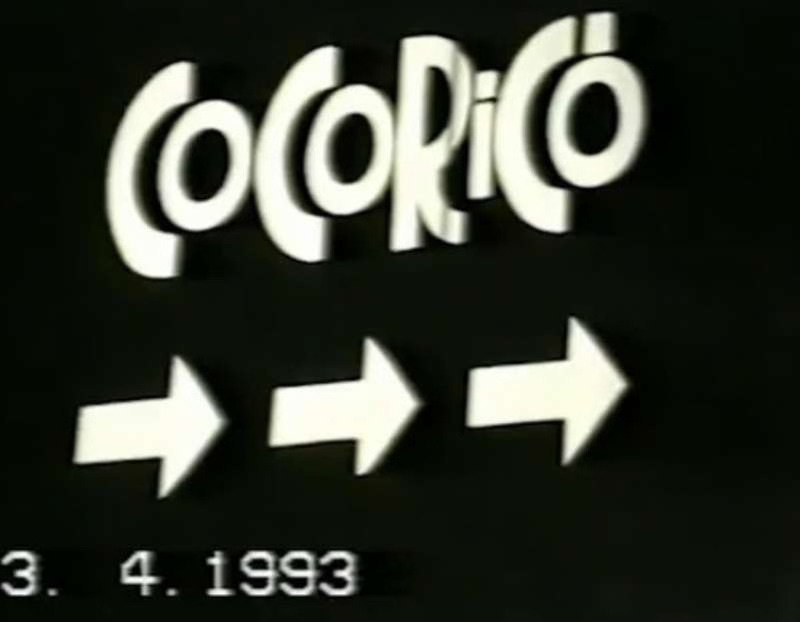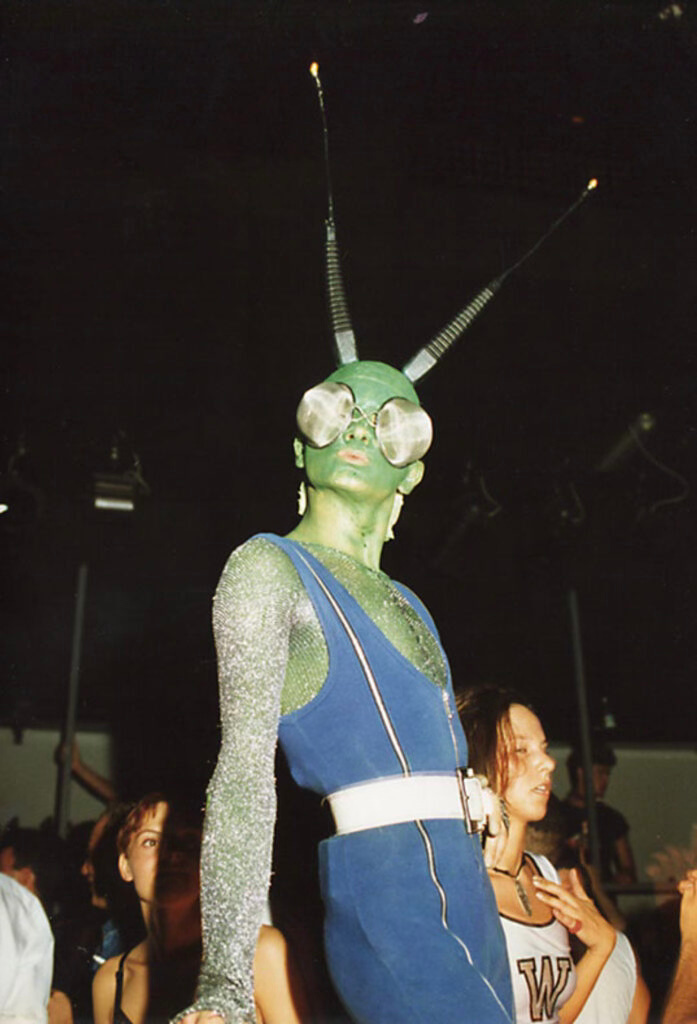In the waves of time by Cocoricò Tapes. Interview with Matteo Vallicelli.
A friendly chat with the producer who curated the soundtrack for the docu-film.
I had a chat with Matteo Vallicelli after seeing Cocoricò Tapes, the film for which he composed the soundtrack, at the Men/Go Music Fest in Arezzo.
We talked about music of course but also about the passing of time, clubbing, social centers and artificial intelligence. Here is the full interview below. Enjoy it.
Let's start with the "introductions". Who is Matteo in the world of music, how does he define himself and determine himself?
I started out as a drummer. Like many, I started out during my adolescence, playing for years in punk bands and frequenting the world of self-managed social centers. Then, growing up, I managed to make it a profession, gaining experiences of all kinds. Many of these abroad, playing everywhere, from provincial pubs to important stages in front of thousands of people. Today, however, I prefer working in the studio and avoid parties, events and festivals.
What inspires your musical world?
As much as I continually try to break out of my own canons, in the end I always find myself drawing from the great drawer of the 80s and 90s. And since I was born in '87, I think it's the fault of the auditory imprinting I had as a child. It's impossible to get rid of it, it's now imprinted in my unconscious, in some ways it's like a trauma. In fact, even now, I feel particular emotions in the presence of what came out of the speakers of my parents' white Fiat Uno, nothing sophisticated, on the contrary, chart pop music: Loredana Berté, Franco Battiato, Righeira, but also Raf, Marco Masini, Fiorella Mannoia... In reality, more than the artists, I have remained inside the sound of the productions of the time, characterized by the proud transition from analog to digital. The era of the computerisation of music. In terms of content, these are certainly not my primary references, I could mention other names just to raise the bar and demonstrate that I have done my homework (but I won't). However, what I mean to say is that if we analyse the sound of that period, John Carpenter and the producers of the most vulgar pop presented at the Castrocaro Terme festival used the same equipment. And those sounds are still my greatest inspiration today, whether I like it or not.
Let's get to Cocoricò Tapes, how was it working on the project?
Francesco Tavella, the director of the film, involved me right away. There was a long research process, a period of about three years during which I was able to get to know some of the people mentioned and involved in the film, see the archives, build an image of the project. Then when it was time to get busy, I had to do everything in a very short production time. In a little over a month of work I wrote about twenty songs: a personal record. But thanks to that long research, the music came out spontaneously, naturally.
What vibes did it inspire in you?
I think the film is an interesting sociological document. The 90s were a prosperous period both economically and culturally. Having more money in your pocket certainly influenced the ability to do things. But the enthusiasm towards others and the desire to change the world represented in the film were transversal feelings, regardless of your bank account. The interviews always strike me: some of those guys seem like philosophers. Then there is the paleontological aspect, if you like. Many of the things you see in the documentary no longer belong to us today. One above all? Living without a cell phone. Making appointments in such and such a place at such and such a time, leaving the house and maybe coming back two days later without leaving a trace. Today it would be a serial killer attitude. There was a different way of being together, more physical, but also more adventurous, more casual.
What did Cocoricò represent for you or your imagination?
My first memories are linked to the stickers with the Cocoricò’s logo stuck on scooters. I went to middle school and had never entered a club, but I watched my peers crave that sticker, which was a real status symbol. Basically, there was only the logo, made of strange doodles, nothing was written on it. So one day I asked someone "What is this stuff?" and finally I found out what Cocoricò was. We were too young to go there, they wouldn't have let us in, but you had to have that sticker. You got it through older friends or older brothers and sisters. You had to show it even if you had never been there, because Cocco was a legend. Then later, in high school, I would occasionally hear stories from my peers, on Mondays during break. They would tell stories of tired heroes returning from the mythological exploits of the weekend. But I was already going to social centers. I was against the system and I considered the disco a place for conformist people... How wrong I was!
What differences do you find in living certain realities today and having lived them in the 90s?
I want to be very clear: I hate the way social media has changed the enjoyment of any event. I can't stand the sight of crowds of cell phones documenting concerts, DJ sets and performances of any kind. Sometimes it seems to me that people leave their homes more to have something to post on their profiles rather than for a healthy interest in an experience. Have I become an old fogey? Maybe, but this attitude of "Look at me, look at what a wonderful life!" makes me a mixture of sadness and fear. Furthermore, there is another more important fact: every time you frame the screen at an event to make a video, you absent yourself, you put a filter with the experience you are living. I make a stupid comparison, I know, but it's like making love with a condom. The pleasure is halved.
What is your opinion on the global music scene today?
I am very curious to see what will happen with artificial intelligence. It will certainly be a great revolution, perhaps the one we artists were waiting for. In the music field, in fact, we have been at a standstill for decades now. The best has already been given. Everything is a revisitation of things already done. But there is a reason! Some time ago I read an interview with Laurent Garnier that enlightened me. He argued that music needed a new technological revolution to infuse new life into creativity. As happened at the time of the invention of the piano or the electric guitar. New instruments bring new stimuli, new frontiers to explore, new genres. Well, the last great revolution in the music field was that of synthesisers, which in the 90s had already expressed the best of themselves. If we consider AI as a new instrument, then new scenarios could open up, but it is still too early to say.
Links:









